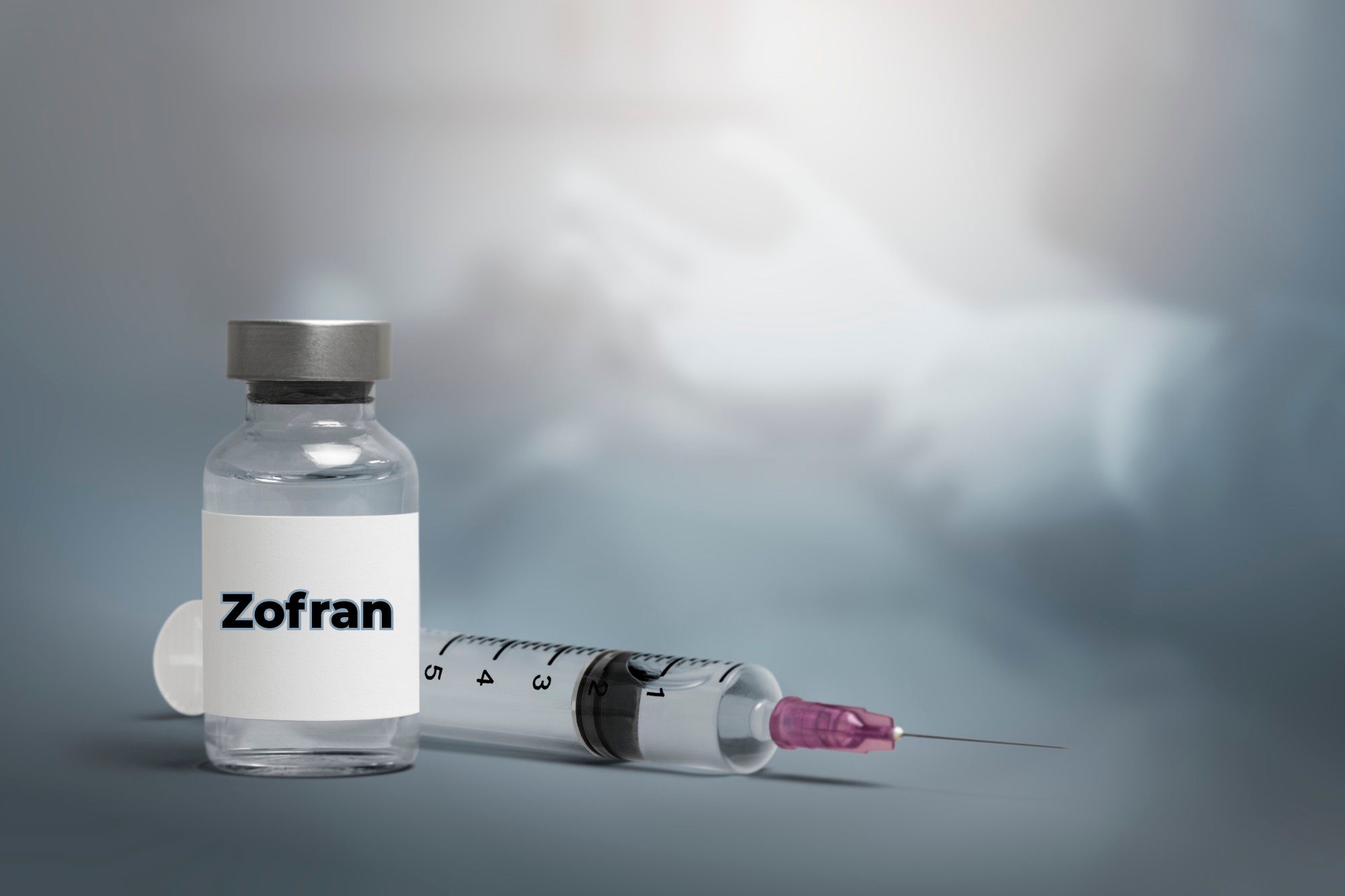Within a year of introduction, adverse event reports of patients suffering from hemorrhaging, dyspepsia (abdominal pain, impaired digestion), gastrointestinal hemorrhaging and brain bleeding were received. When introduced, Pradaxa had no antidote; therefore, there was no way to control bleeding unlike Vitamin K used to reverse the effect of competitor warfarin.
In October 2015, the FDA granted an accelerated approval to Praxbind (idarucizumab), to allow doctors to reverse Pradaxa's blood-thinning effects in emergency situations when bleeding can't be controlled.
Serious Alleged Injuries May Include:
- Rectal Bleeding
- Intestinal Bleeding
- Brain Hemorrhaging
- Death Caused By Uncontrolled Bleeding
- Paralysis, If The User Has A Spinal Tap Or An Epidural
FDA Safety Warnings:
Bleeding warning information was provided by the FDA on the label to the public when introduced in 2010, stating only “Pradaxa can cause serious and, sometimes, fatal bleeding.”
In 2011: FDA announced it was evaluating post-marketing reports of serious bleeding among Pradaxa users. Later, FDA claimed the results of its study of bleeding events were similar to the data from the RE-LY trial conducted for clinical drug approval but that the FDA was continuing to evaluate multiple sources of data. However, the FDA did not change its recommendation for Pradaxa, nor did it change the label, or add information noting that unlike warfarin, there is no antidote to Pradaxa.
In 2012: On December 19, the FDA released a safety announcement regarding Pradaxa that it “should not be used to prevent stroke or blood clots (major thromboembolic events) in patients with mechanical heart valves, also known as mechanical prosthetic heart valves.”
In 2013: The Company announced the first black box warning, alerting patients that discontinuing Pradaxa without adequate anticoagulation increases the risk of stroke and an increased risk of spinal hematomas in some patients.
In 2015: The FDA issued a safety communication stating that the blood thinner caused a higher risk of gastrointestinal bleeding than warfarin (although, it had a similar risk for myocardial infarction and a lower risk for ischemic stroke, intracranial hemorrhage, and death).
Currently, Pradaxa is the only blood thinning medication with an FDA approved antidote.
Legal Updates:
In August 2012, MDL No. 2385 in re: Pradaxa (Dabigatran Etexilate) Products Litigation was created by the U.S. Judicial Panel on Multidistrict Litigation to be convened in the Southern District of Illinois and to be presided by Judge David R. Herndon. Nearly 21 legal actions were transferred to this MDL, and thousands of lawsuits continued to be filed touching the count of approximately 4,000.
In 2014, the judges overseeing the cases approved a $650 million settlement between the defendants and plaintiffs. A settlement fund was established from which victims could be paid. Additionally, a small portion of the fund was designated to cover legal and administrative costs.
News:
Oct 19, 2018: Plaintiff's Family Gets $1.25 Million in a Pradaxa Case
On October 17, 2018, Boehringer Ingelheim was hit with a $1.25 million verdict by a federal jury in Huntington, West Virginia, awarding a family of a deceased woman who suffered gastrointestinal bleeding due to the company's blood thinner drug Pradaxa.
The verdict included $250,000 in compensatory damages and $1,000,000 more in punitive damages to be paid by Boehringer Ingelheim for their wanton and willful acts in marketing their blood thinner drug. This is the first time the German drugmaker was held liable for misrepresenting the health hazards of Pradaxa. The pharmaceutical company won the earlier three trials for similar claims between 2016 and 2018.
The U.S. FDA-approved drug has been reported to cause serious injuries and gastrointestinal bleeding, heart attack, stroke, brain hemorrhage, kidney bleeding, and death. In December 2017, Judge Herndon, who overlooked Pradaxa class action lawsuits, recommended the shutdown of the multidistrict litigation (MDL No. 2385) after dismissing pending cases in the docket. The next bellwether trial will commence in February 2019.
May 21, 2019: Conn. Bellwether Trial Verdict: Plaintiff Awarded $542K
On Friday, May 17, a Connecticut jury awarded $542K over the alleged bleeding risk caused by blood thinner Pradaxa.
According to the trial, the lawsuit was filed in May 2016 alleging that the plaintiff had a 40-year history of gastroesophageal reflux disease, a condition that increases the chance of internal bleeding from Pradaxa but was still prescribed the drug without knowing the danger. The jury granted $42,464 in economic damages and $500,000 in noneconomic damages. The punitive damages against the pharmaceutical company will be decided by Connecticut Superior Court Judge Carl Schuman and could be up to $1.095 million.
More than 3,100 Pradaxa cases are pending across the nation, including roughly 3,000 in the consolidated proceeding in Connecticut. The U.S. FDA-approved drug has been reported to cause serious injuries and gastrointestinal bleeding, heart attack, stroke, brain hemorrhage, kidney bleeding, and death. In December 2017, Judge Herndon, who overlooked Pradaxa class action lawsuits, recommended a shutdown of the multidistrict litigation (MDL No. 2385) after dismissing the pending cases in the docket.
Nov 11, 2020: Pradaxa Maker To Settle Thousands Of Bleeding Risk Cases
Boehringer Ingelheim Pharmaceuticals Inc. filed a brief in Connecticut Supreme Court indicating that it has reached a global settlement to resolve 2,935 lawsuits brought over by patients alleging failure to warn about the bleeding risks associated with its blood thinner Pradaxa.
The agreement will resolve nearly all the cases that are pending in the Judicial District of Hartford. There are around 2,865 on the state's litigation docket, as per the filing, which also includes two cases filed by plaintiffs who have appealed over the initial judgment favoring the manufacturer.
The manufacturer filed the joint motions with the two plaintiffs and asked the court to put a stay on their cases until the settlement concludes or if the two parties opt-out of the settlement plan.
Out of the two, one was the fourth bellwether case, in which the plaintiff alleged that he suffered gastrointestinal bleeding after using Pradaxa. A jury granted a verdict favoring the plaintiff, which was partly denied and returned to Boehringer by a trial judge over its bid to set the verdict aside.
The second is a case filed by a plaintiff who alleged that Pradaxa contributed to a bleeding injury he suffered in 2014. In March, a judge awarded summary judgment in favor of Boehringer after finding the case was preempted.
According to the filing, the manufacturer noted that whether the settlement is finalized, fails to materialize, or the plaintiffs opt-out, a status update will be provided by August 2021.
Bayer AG and Johnson & Johnson's subsidiary Janssen Pharmaceuticals, manufacturers of another popular blood thinner drug Xarelto, are also facing similar allegations, including hemorrhagic stroke, deep vein thrombosis (DVT), and other serious complications. The federal cases are consolidated under MDL No.: 2592 before Judge Eldon E. Fallon. in the Eastern District of Louisiana.
Jan 11, 2021: Pradaxa Maker Gets $1.25M Verdict Overturned
Last week, the 4th Circuit U.S. Court of Appeals in Richmond, Virginia, reversed a jury decision to award $1.25 million to the family of a now-deceased West Virginia woman alleging Boehringer Ingelheim's blood thinner Pradaxa for the woman's gastrointestinal bleeding.
Pradaxa (Dabigatran) is an oral anticoagulant prescribed to lower the chance of stroke for those suffering from atrial fibrillation (not caused by heart valve issues) and to treat blood clots in the veins of the legs (deep vein thrombosis) or lungs (pulmonary embolism) and reduce the risk of them occurring again. Pradaxa was introduced in the U.S. market in 2010, as an alternative to warfarin, after gaining approval from the U.S. Food and Drug Administration (FDA). The drug is manufactured and marketed by a European pharmaceutical giant, Boehringer Ingelheim Pharmaceuticals, Inc.
According to the opinion dated January 6, the federal appellate panel ruled that the state-law fraud claims on which the jury held the drugmaker liable in 2018 are preempted by federal law.
The lawsuit was filed by the family of a woman who took Pradaxa for years, which allegedly resulted in her death after suffering from gastrointestinal bleeding and other complications. Her children accused the drugmaker of failing to adequately warn about the risks associated with taking the blood thinner.
A jury held the company responsible for the fraud claims and awarded the family $250,000 in compensatory damages and $1 million in punitive damages.
In the recent opinion, U.S. Circuit Judge Marvin Quattlebaum overturned the verdict stating that the company could not have unilaterally changed the drug's label to provide an adequate warning without approval from the U.S. Food and Drug Administration (FDA).
The family argued over the decision asserting that the label failed to warn patients with impaired kidney function to undergo blood testing to check Pradaxa concentration levels. However, Judge Quattlebaum said that as per FDA regulations, the company could only modify the labels based on "newly acquired information" about risks, and a study conducted after the FDA approved the drug did not constitute such information.
Last year, in November, Boehringer filed a brief in Connecticut Supreme Court indicating that it has reached a global settlement to resolve 2,935 lawsuits brought over by patients alleging failure to warn about the bleeding risks associated with the blood thinner. A status update concerning the settlement will be provided by August 2021, as noted by the drugmaker in the filing.
In August 2012, MDL No. 2385 was created by the U.S. Judicial Panel on Multidistrict Litigation to be convened in the Southern District of Illinois and to be presided by Judge David R. Herndon. Nearly 21 legal actions were transferred to this MDL, and thousands of lawsuits continued to be filed touching the count of approximately 4,000.
Evidence:
- Indication Of Usage In Medical Records
- Duration Of Usage
- Complications And Their Treatment After Intake
Medical Record Review and claim validation of Pradaxa case should take approximately 4 hours in most instances; however, this approximation may vary in cases based on the volume of records.




